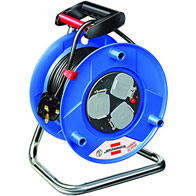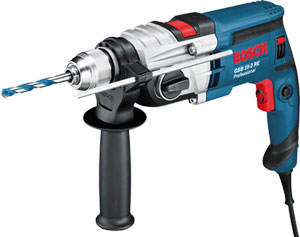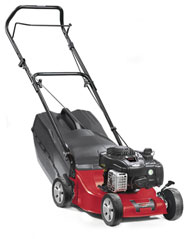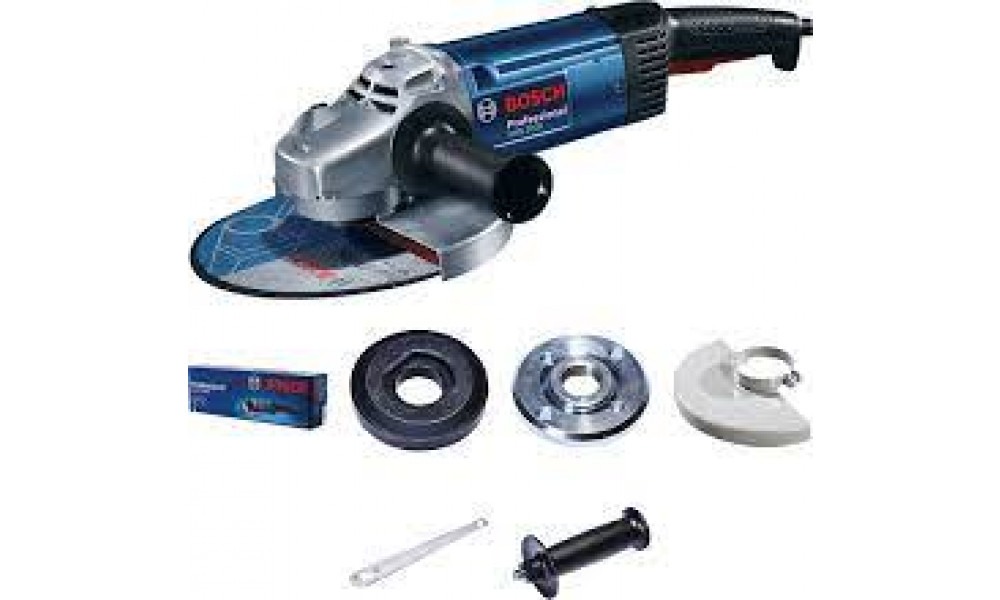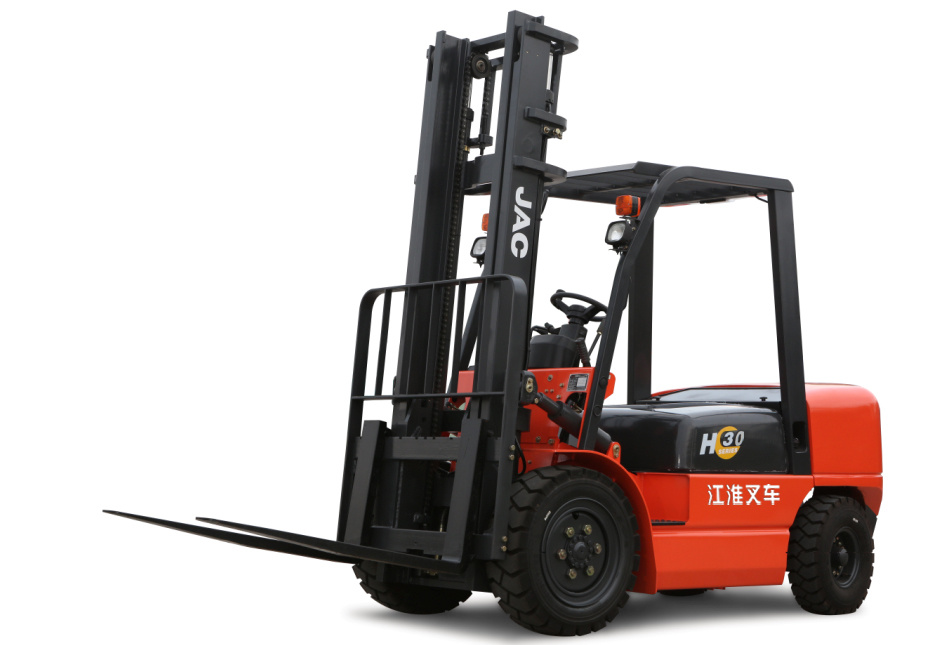Based on our experience of running Nigeria’s foremost online power tools, hand tools, measuring tools and accessories distribution from Bosch, Makita, Beta and Stihl in Nigeria in the past four years. Let me suggest and explain ways individuals and companies can spot and avoid purchase of fake tools in Nigeria.
Before we proceed to discuss how to avoid fake tools, let’s explore reasons and dangers of buying counterfeit tools. Typically prices of fake tools are really cheap compare to the genuine ones. This is because the entire process of manufacturing such tools did not pass through test and certification. And because they are not properly tested and approved for industry standard, some components of the machine like the motor is not as powerful, very short life span compared to the proper thing. Also the battery life is bad, or more described as tiny due to quality not being part of the making process. Safety is also not factored in the process of making fake tools.
‘’Counterfeit models typically roughly resemble the original, but if you look closely at some subtle details, you can very easily distinguish between the two. Some of the things to look for in detecting a counterfeit tool are poorly designed and affixed logo labels (possibly upside-down), noticeably light-gauge cords, and a distinct petroleum smell. Other things to look for are model numbers that are invalid, an absence of adequate service manuals, mismatched colored tool cases, and forged major retailer UPC codes and price stickers’’ according to Makita USA Press
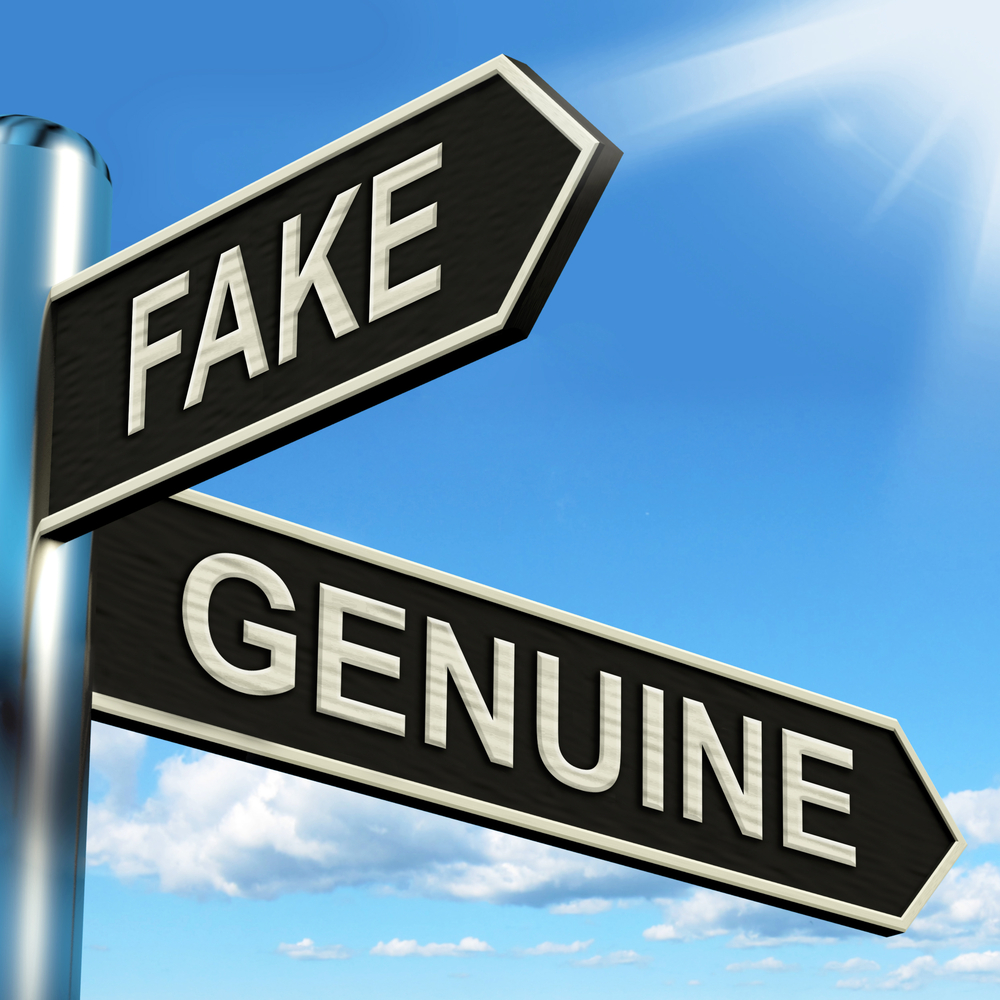
Image Credit: http://www.itu.int
To quickly spot fake tools, do the following;
- Ask the seller for product part number or model number – with the product part number or model number you will be able to confirm approved specifications for machine through manufacturer’s website. With that in hand, you can easily check for possible discrepancy from what has been approved and what is being offered.
- Carefully Check the Label – fake tools comes with somewhat of hurriedly affixed logos or labels, if checked properly, logos or label might be turned upside down or poorly designed. If you notice some poorly designed logos or labels, just know that possibility for fake tools is high.
- Cheap Prices – if prices are too good to be true, be very careful. Some of tools manufacturers also have suggested retail prices for tools, and in Nigeria you can utilize website such as www.mamtus.ng to check for prices for tools.
- Ask for Dealer Certificate – most tools manufacturers issue or list their dealers on own website. Before making your next purchase, ask the seller for his or her dealer or distribution certificate or link to product manufacturer on website.
- Ask for Warranty – check the manuals or instruction about tools warranty, most tools brand in Nigeria offers between 1- 3 years warranty depending.
According to some counterfeit tools investigators, fake tools are more prevalent in the standard models like cordless combo kits, rotary hammers, hammer drills, grinders, polishers, jig saws, and drills.
And these counterfeit tools will not operate safely and when they malfunction, might not be serviceable.
I hope you find the above interesting, kindly let us know how useful our tips. If you have questions or comments about tools, hardware and outdoor machines; kindly contact us directly email marketplace@mamtus.com or visit our office at 89 Palm Avenue Papa-Ajao Mushin, Lagos. And you can also follow us Mamtus Nigeria on Facebook, Twitter and Instagram






